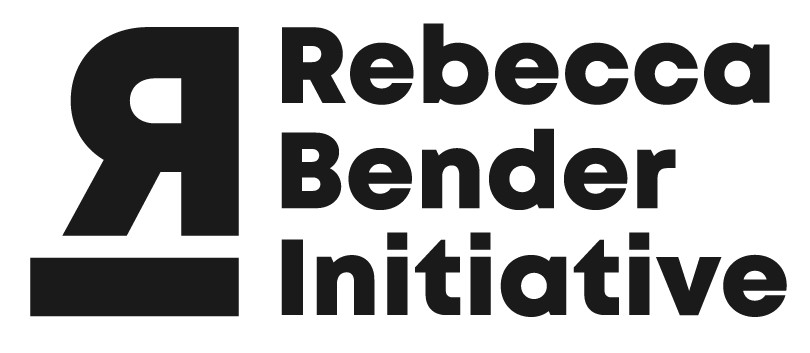Empowering Human Trafficking Survivors through Sexual Health Education
Sexual health education is a vital component of the recovery and empowerment process for survivors of human trafficking. It equips these individuals with essential knowledge and skills for physical and emotional well-being. In this blog, we'll explore the significance of sexual health education in the lives of human trafficking survivors and why it plays a pivotal role in their journey toward healing and self-empowerment.
Knowledge as a Tool for Healing
Survivors of human trafficking often face immense physical and psychological trauma. Sexual health education teaches them about their bodies, sexual health, and reproductive rights. This knowledge can be a powerful tool for healing, helping survivors regain control over their bodies and lives.
Rebuilding Healthy Relationships
Human trafficking survivors often experience manipulation and exploitation within their trafficking situations. Sexual health education emphasizes the importance of healthy relationships, communication, consent, and boundaries. Armed with this knowledge, survivors can rebuild their lives with a focus on building positive, respectful, and safe relationships.
Preventing Further Exploitation
Empowering survivors with information about safe sex practices, contraception, and STI prevention reduces the risk of further exploitation. It ensures that survivors can make informed decisions about their sexual health and well-being, minimizing the chances of unintended pregnancies or the transmission of STIs.
Countering Misinformation and Stigma
Survivors may be exposed to misinformation or face stigma related to their experiences. Sexual health education provides them with accurate, evidence-based information, countering myths and misconceptions surrounding their lives. It empowers survivors to make informed choices based on facts rather than stigma.
Encouraging Open Healing Dialogues
Effective sexual health education encourages open and supportive dialogues between survivors and their support networks, including healthcare providers, counselors, and therapists. Such communication is critical for addressing the unique sexual health concerns and needs of survivors, fostering trust, and promoting healing.
Recognizing and Respecting Diversity
Comprehensive sexual health education recognizes and respects the diversity of survivors' identities and experiences. It ensures that all survivors, regardless of their gender identity, sexual orientation, or background, receive inclusive information that addresses their specific needs and challenges
Supporting Holistic Recovery
Sexual health education doesn't just focus on physical health; it also addresses survivors' emotional and mental well-being. Topics like body image, self-esteem, and coping with trauma-related emotions are essential to holistic recovery and self-empowerment.
For survivors of human trafficking, sexual health education serves as a beacon of hope and empowerment. It offers survivors the knowledge and skills they need to rebuild their lives, regain control over their bodies, and make informed decisions about their sexual health. It's a crucial element of their healing, recovery, and self-empowerment journey. It enables them to break free from the shadows of exploitation and embark on a path toward brighter, healthier futures. Empowering human trafficking survivors through sexual health education is not only a matter of knowledge; it's a matter of dignity, well-being, and reclaiming one's life.
